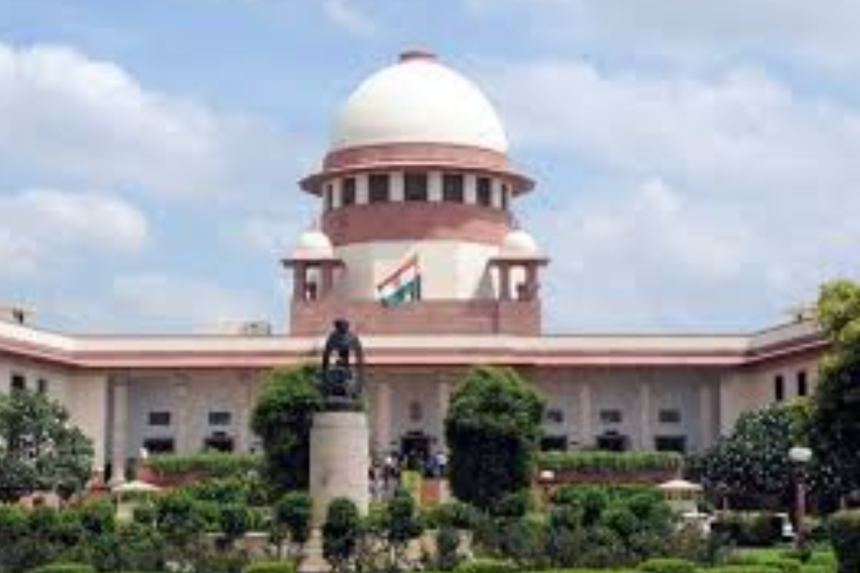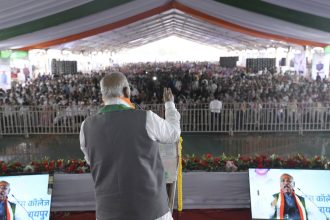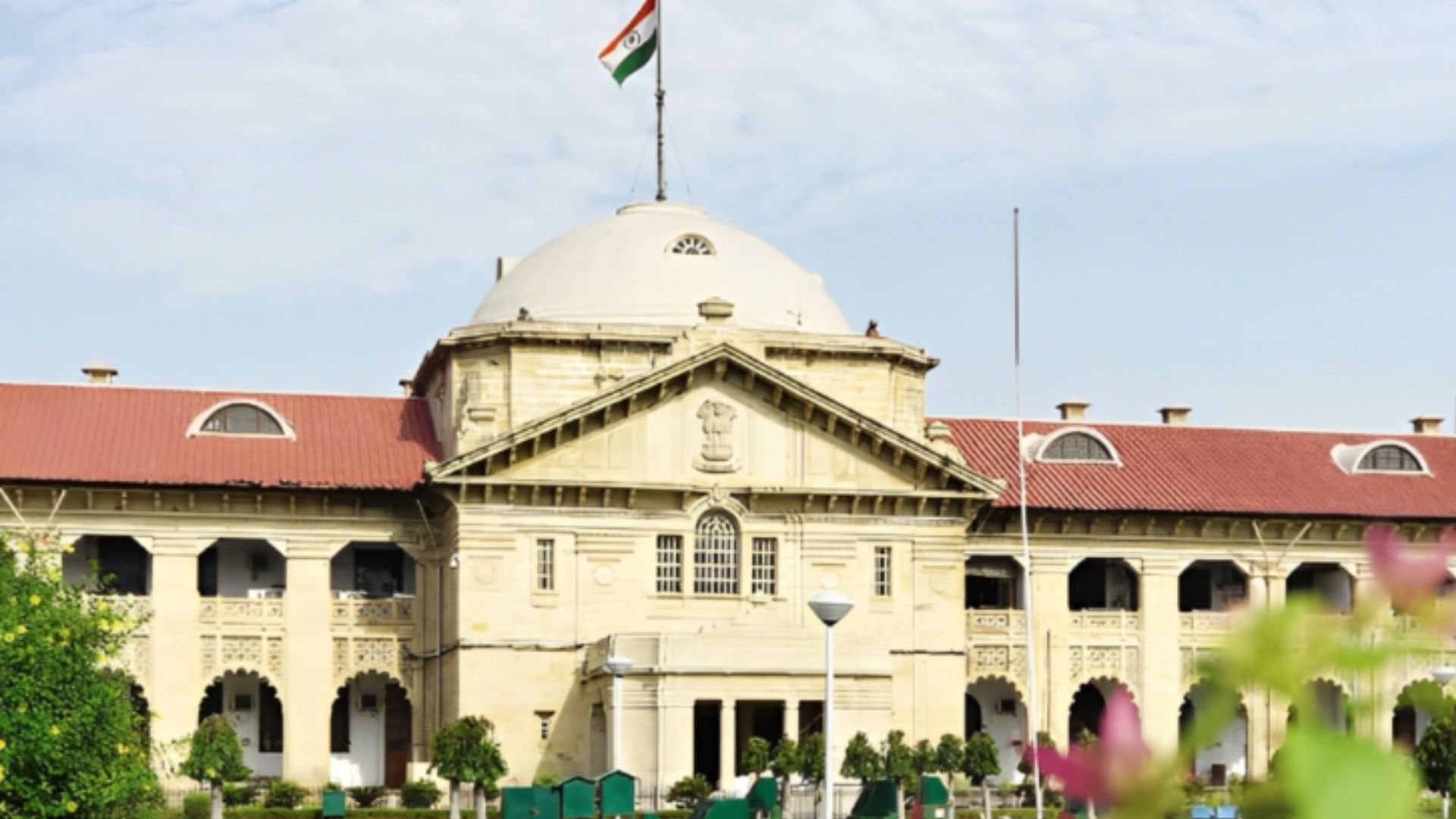The full scope of the Supreme Court order on the Tamil Nadu government’s petition against the governor’s withholding of assent to important bills passed by the legislature is getting clearer after the order was uploaded on Friday. While the court restraining the governor’s power to withhold bills indefinitely was a progressive move its extension to the power of president to withhold his assent to bills referred to him by the governor under article 201 of the Constitution. The bench comprising of justice pardiwala and justice mahadevan has ruled that the president may not withhold assent beyond 3 months under ordinary circumstances and if delayed the reasons should be recorded in writing and conveyed to the legislature, it has further ordered that in case the legislature finds the reason insufficient it may approach the Supreme Court. This step is significant as it is the first time that the powers of the president has been directly curtailed and the court has declared itself as an arbitrator to the president’s decisions. It has specifically commented against any attempt to exercise pocket veto by the president or the governor. This affirms the federal imperative of provincial autonomy in their domain and the idea of shared sovereignty.
[
Latest News









